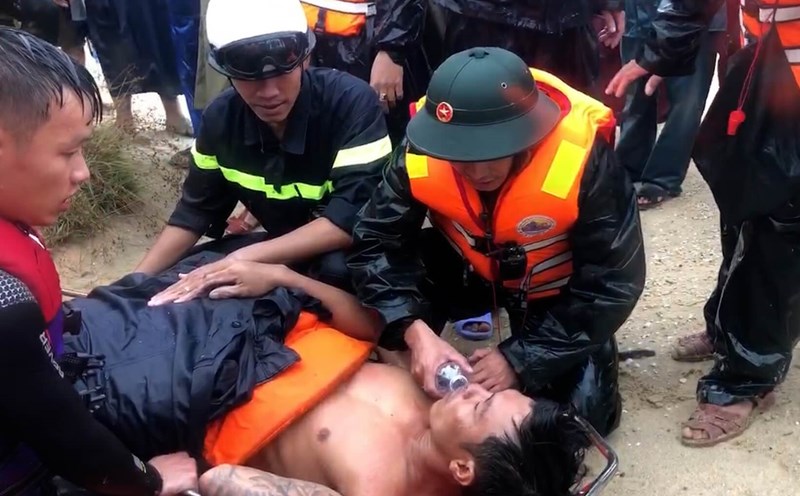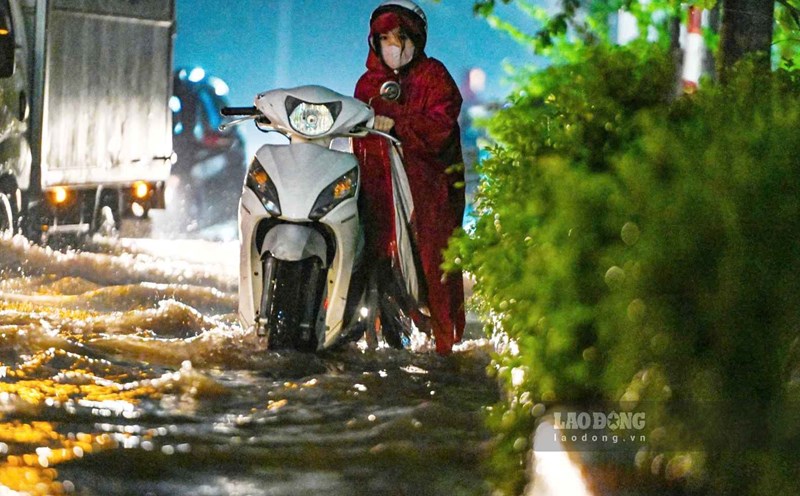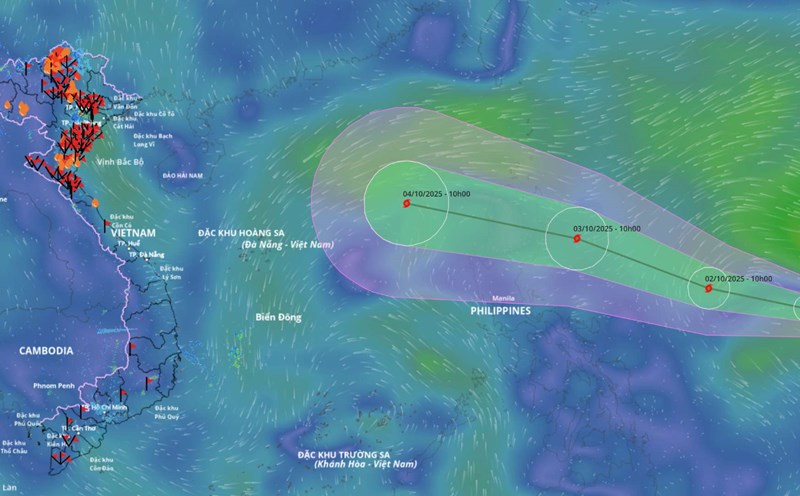Can Tho City People's Committee has just issued a plan to implement the Project to convert a number of seafood exploitation occupations affecting resources and the ecological environment in the area.
Can Tho City has a total coastline of 72 km, a fleet of 797 fishing vessels, and a total of about 307,700 workers working in the fishery, including about 5,700 workers directly at sea. The total output of seafood exploitation in 2024 of nearly 60,000 tons has contributed to solving employment and income for fishermen to exploit and exploit.
However, in recent years, coastal aquatic product exploitation has encountered many difficulties due to spontaneous, small-scale, lack of linkage, outdated storage technology and illegal exploitation. The use of fishing gear such as trawling nets, traps, and scrapers has exhausted resources and seriously affected the ecological environment.
Faced with this situation, the city has determined to convert coastal exploitation to a more friendly profession, both protecting aquatic resources and ensuring sustainable livelihoods for fishermen.
The plan aims to cut at least 50 fishing vessels in coastal and isolated areas by 2030, along with 20 vessels exploiting offshore areas with negative impacts. At the same time, switch to more environmentally friendly occupations such as aquaculture, processing, logistics services, fishing for entertainment or participating in marine ecotourism. piloting 3-5 models of converting from trawling to fishing and fishing for entertainment will also be implemented.
By the end of 2027, it is expected to complete the conversion of 12 offshore trawler networks to low-impact fishing vessels affecting the ecosystem; vocational training for over 600 fishermen and crew members whose fishing vessels have been cut or converted.
By 2045, Can Tho will basically complete the elimination of industries with a large impact, towards developing a sustainable, modern seafood industry and protecting the environment.
To achieve the goal, the People's Committee of Can Tho City requires strengthening propaganda and dissemination of legal regulations; strictly managing the licensing, construction of new, and conversion of fishing vessels; and at the same time encouraging the application of science and technology in preservation, processing and exploitation.











